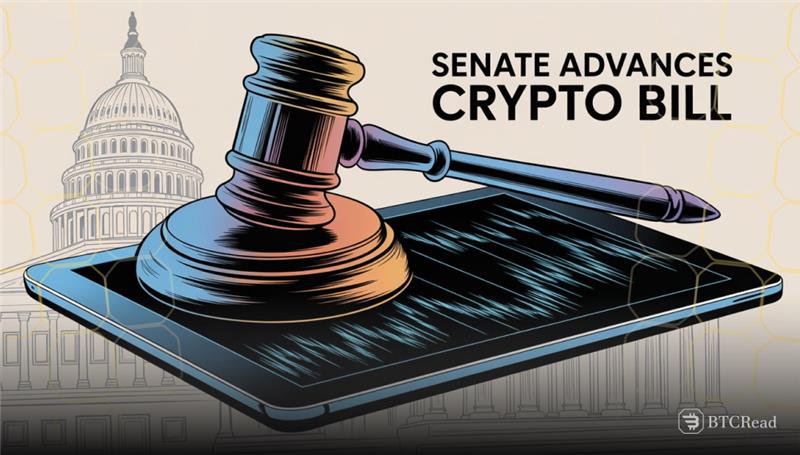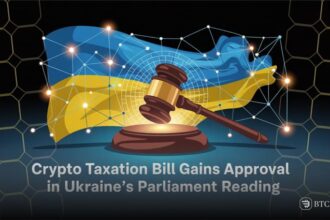The U.S. Senate has added a new provision in its bill on the structure of the virtual currency market to make sure that tokenized stocks are still securities under current financial law. The lawmakers insisted that treating tokenized stocks as securities prevents ambiguity on whether they should instead come under regulation as a commodity.
Wyoming Senator Cynthia Lummis, who sponsored the bill, explained that the chamber aims to wrap up the bill by the end of the year. She stressed the importance of providing certainty that tokenized assets have existence on broker-dealer models, clearing systems, and permitted trading platforms without creating parallel regulatory interpretations.
The law, the Responsible Financial Innovation Act of 2025, enunciates clear rules dividing power between the Securities and Exchange Commission and the Commodity Futures Trading Commission.
The division allows for more streamlined regulation, which lawmakers believe is needed as tokenization continues to transform traditional equity markets across the financial landscape of America.
Senator Lummis explained that the Senate Banking Committee will vote later in the month on sections concerning SEC authority. She further included that the Agriculture Committee will address CFTC-related sections in October and potentially vote on the bill in November.
The lawmakers have stressed that cross-partisan cooperation will play an important role in moving the bill in later sessions.
Crypto industry urges clearer developer protections
Cryptocurrency firms and investors continue to urge greater definition of protections for developers and for non-custodial service providers in such laws. A coalition of 112 organizations, including Coinbase, Kraken, Ripple, Andreessen Horowitz, and Uniswap Labs, formally wrote an open letter urging greater protections in July.
They argued that outdated frameworks would have the potential of holding developers as intermediaries, an aspect that could slow innovation for the United States blockchain sector. Electric Capital figures cited in the letter indicated America’s share of blockchain developers declining from 25 percent in 2021 to 18 percent in the current year.
Insiders from the industry warned that without friendlier rules of engagement, the nation stands at risk of ceding its competitiveness to those territories already having more favorable conditions for blockchain software developers.
The Senate bill is one of the most ambitious efforts yet to harmonize digital assets with traditional financial infrastructure. Supporters say it will create certainty, give investor confidence a boost, and balance innovation with the safeguarding of consumers.
Despite ongoing negotiations among Democrats and Republicans on several committees, politicians have remained committed to advancing the bill.







